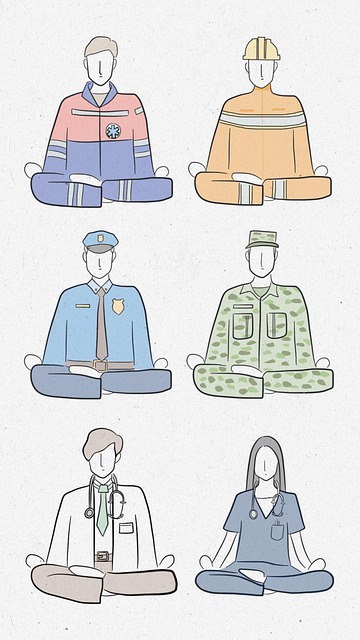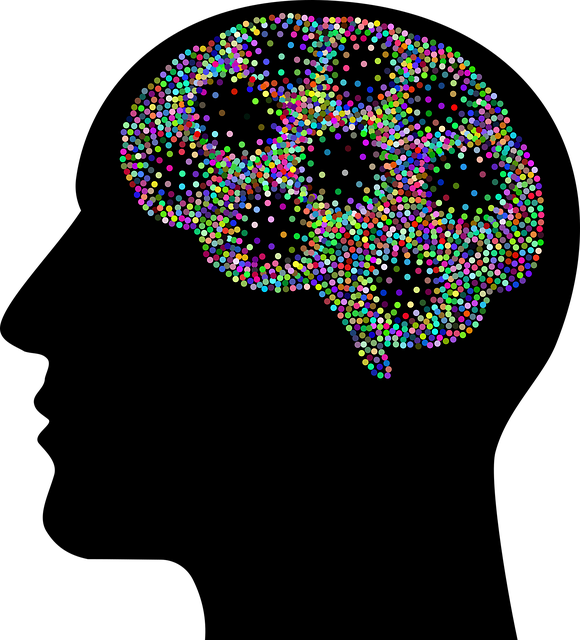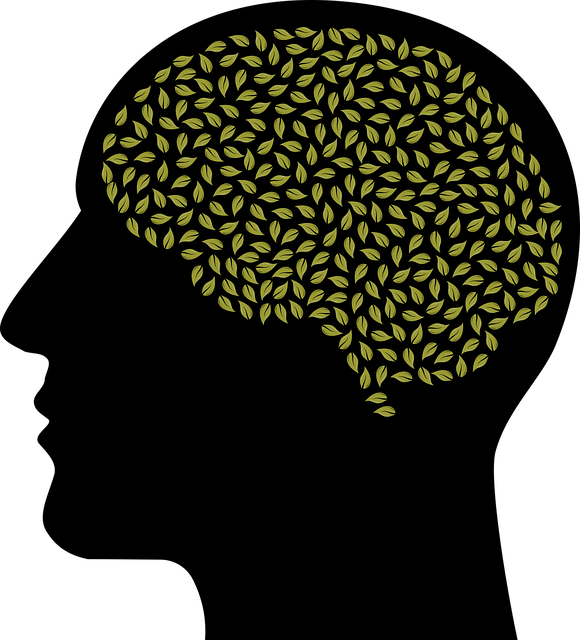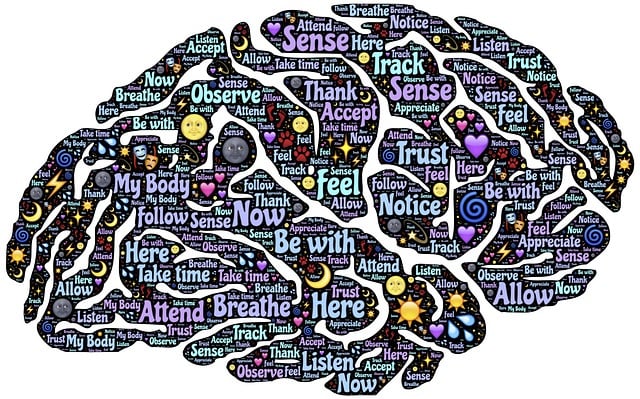Lone Tree French Speaking Therapy, a dedicated mental health crisis hotline, is vital for communities with significant French-speaking populations. It offers immediate, culturally sensitive support through native language communication, empowering individuals with tailored coping skills and breaking down barriers to care. This service addresses unique cultural needs, fosters trust, and contributes to overall emotional well-being and long-term mental health management.
In today’s fast-paced world, mental health crises can strike anyone, anywhere. For French-speaking individuals, accessing culturally sensitive support can be challenging. This is where Lone Tree French Speaking Therapy steps in, offering a dedicated crisis hotline to provide immediate assistance. The article delves into the growing need for these services, exploring how hotlines like Lone Tree’s respond to mental health crises, their impact on communities, and practical tips for utilizing these lifesaving resources effectively.
- Understanding the Need for French-Speaking Crisis Hotlines
- How Lone Tree Therapy Responds to Mental Health Crises
- The Impact and Benefits of crisis hotline support services
- Accessing and Utilizing these Lifesaving Resources
Understanding the Need for French-Speaking Crisis Hotlines

In many communities, especially those with a significant French-speaking population, the need for accessible mental health crisis hotline support services is evident. These hotlines play a crucial role in providing immediate assistance and guidance to individuals facing emotional distress or mental health challenges. For French speakers, having a dedicated hotline can be transformative. It offers a safe space to express themselves in their native language, fostering better understanding and effective communication with support staff. This cultural sensitivity is vital for building trust and ensuring the quality of care received.
The availability of such hotlines encourages early intervention, which is key to managing and preventing more severe mental health issues like burnout or exacerbation of existing conditions. By providing coping skills development resources and self-awareness exercises tailored to French-speaking communities, these services empower individuals with valuable tools for navigating crises. The impact of Lone Tree French-speaking therapy lines highlights the importance of culturally responsive care in addressing the unique needs of diverse populations within a community’s mental health support ecosystem.
How Lone Tree Therapy Responds to Mental Health Crises

Lone Tree Therapy offers a dedicated response to mental health crises, ensuring immediate support for those in need. With a team of trained professionals, they provide a safe and confidential space where individuals can express their struggles without fear of judgment. The therapy services cater to diverse cultural backgrounds, including French-speaking communities, by offering sessions conducted in relevant languages. This inclusive approach breaks down barriers, making help accessible to all.
In times of crisis, the therapists at Lone Tree employ various evidence-based methods, such as building resilience and empathy through active listening and tailored strategies. They guide clients towards healthier coping mechanisms, helping them navigate stress reduction techniques and fostering a sense of emotional well-being. The focus is on empowering individuals to manage their mental health effectively while offering ongoing support for long-term recovery.
The Impact and Benefits of crisis hotline support services

Crisis hotline support services play a pivotal role in providing immediate assistance to individuals grappling with mental health crises. These hotlines serve as a lifeline, offering a safe space for vulnerable people to express their concerns and receive guidance from trained professionals. The impact is profound, particularly for those who might feel isolated or unable to access traditional therapy. By offering confidential and accessible support, crisis hotline services empower individuals to navigate challenging emotions and situations.
For French-speaking communities, specialized hotlines like Lone Tree French Speaking Therapy bridge cultural and linguistic gaps, ensuring that minority groups have equal access to mental health resources. This tailored approach not only addresses the immediate need for crisis intervention but also fosters a sense of belonging and understanding. Moreover, these services contribute to broader mental health initiatives, such as Burnout Prevention Strategies for Healthcare Providers and Mental Health Policy Analysis and Advocacy, by promoting self-esteem improvement and providing data that can inform policy decisions, ultimately enhancing society’s collective resilience against mental health challenges.
Accessing and Utilizing these Lifesaving Resources

Accessing mental health support is a vital step towards healing and recovery. For individuals who feel isolated or have specific language needs, reaching out to hotlines dedicated to crisis intervention can be transformative. These services offer a safe space for expression, providing immediate assistance and guidance. If you’re seeking Lone Tree French-speaking therapy, there are resources available that cater specifically to your linguistic requirements, ensuring clear communication and effective support.
The process is simple yet powerful; calling the hotline connects you to trained professionals who can offer strategies like conflict resolution techniques and self-awareness exercises tailored to manage anxiety relief. These tools empower individuals to navigate their mental health journeys with increased resilience. Utilizing these services is a sign of strength, allowing one to access immediate assistance and continue on a path towards improved well-being.
In light of the growing need for mental health support, especially within communities with limited access to French-speaking therapists, services like Lone Tree Therapy’s crisis hotline fill a crucial gap. Their dedicated team provides immediate assistance and long-term solutions, proving that these resources are invaluable in times of crisis. By utilizing these lifesaving tools, individuals can navigate their mental health journeys with increased resilience and hope. Remember that access to such support can be a game-changer, ensuring folks receive the care they need, when they need it most.














